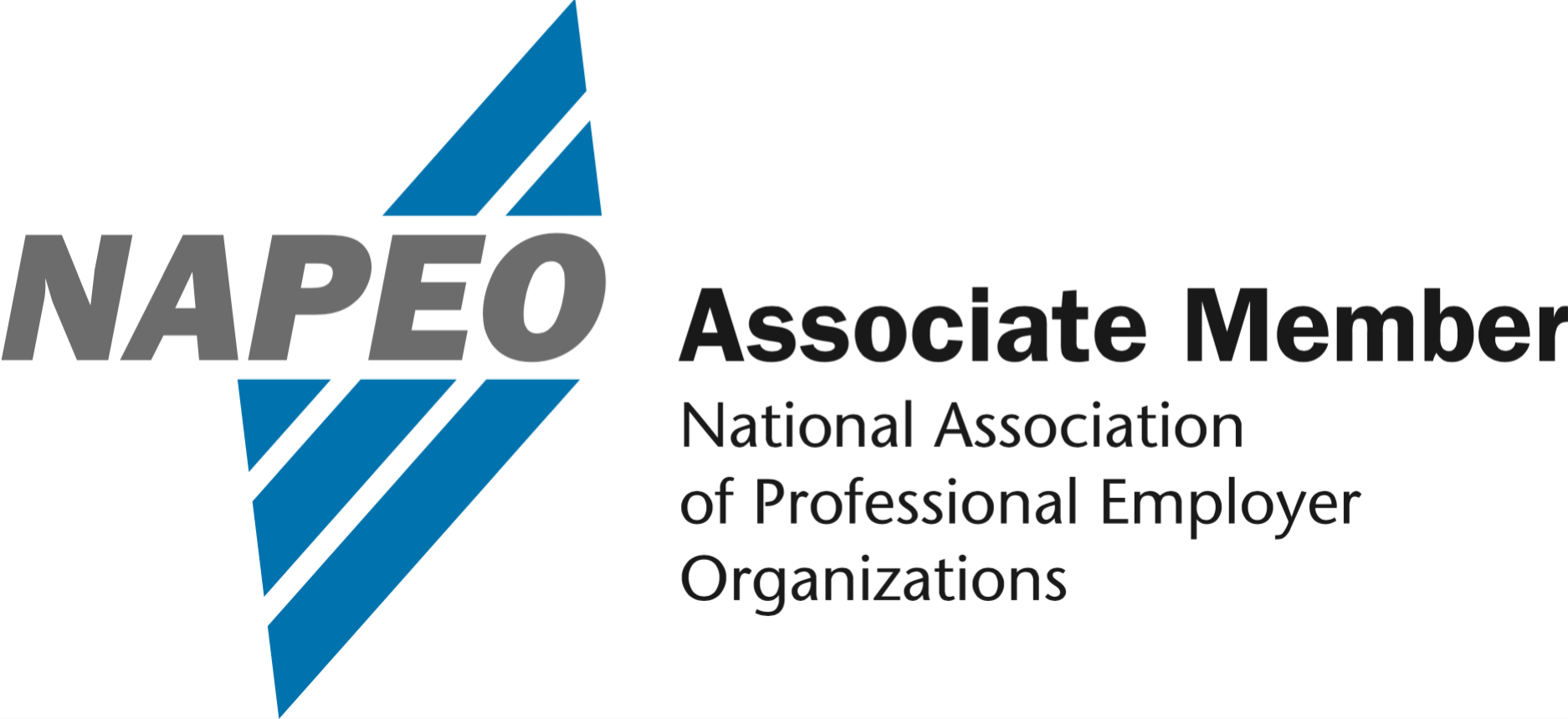PEO is an acronym for Professional Employer Organization.
A (PEO) or Professional Employer Organization is a business entity that helps service other businesses in the areas of Payroll Administration, Employee Benefits, Human Resources, and Risk Management. Workforce Management Agency helps businesses to learn the answers about some common questions like “how does a PEO work?” To find the advantages of using a PEO.
In our modern business world, most businesses find tremendous value in PEO services. Statistically, PEOs have proven to help their clients grow faster, while often saving both time and money in the areas of Payroll, Worker’s Compensation, Employee Benefits, and Human Resources Management.
Today, there’s approximately 980 PEOs that operate in the United States. Often, there’s a huge difference in understanding needs between the PEO and the prospective client from the onset. The need for a PEO to understand client needs and business purpose is vast and usually a PEO sales rep cares more about one thing signing you up. This often reflects in misunderstandings, and shows greatly in the service that a business receives. There’s a million variables.
A PEO can offer these services using Co-Employment. The PEO hires your employees under their Tax ID or Federal Identification Number. Once that happens those employees are now employed by the PEO as the “Employer of Record,” and the client company remains in control of delegating the workload and daily operational tasks as the “Worksite Employer.”
The PEO arrangement that exists when a company uses a PEO, is called Co-Employment and helps a client company tap into the purchasing power and infrastructure of the larger PEO Company to achieve discounts on various expenses associated with having employees or human capital. Similar to wholesale versus retail pricing as they buy in bulk. The PEO Company which serves many different client companies across a broad spectrum of industries technically is the employer of all the employees. This makes them more valuable to their vendors and carriers as a much larger group. Often a PEO company offers to pass on many areas and ways that their clients can save money, time, and efforts on the services they provide:
Many PEO’s provide indispensable tools for Human Capital Management such as (HRIS) Human Resources Information Systems, qualified personnel who become assigned to their client to service various employment related functions. A PEO will have many responsibilities to their client in their (CSA) Client Services Agreement, For Example: Processing Payroll, Employee Benefits Enrollment, Managerial Training and Development, Helping the client become more Pro-Active with regard to Human Resources and Labor Law Compliance by updating and implementing processes and procedures related to the relationships with employees and ensuring businesses are protected with Employee Handbooks, Electronic On-boarding, (EPLI) Employment Practices Liability Insurance., etc.. PEO’s handle Payroll for other businesses and also offer a unique solution for cash flow management on Worker’s Compensation. PEO’s processing the payroll under their tax ID enables them to offer all of these advantages to a client company. One major advantage is Pay as you go Worker’s Compensation which is accrued on actual wages instead of estimating with Audits at the end of the year.
In recent years, PEO’s have also become popular with the rise of The (PPACA) Patient Protection and Affordable Care Act. The PEO arrangement will help clients with PEO benefits administration and a PEO benefits advantage would be that they will offer to completely handle the tracking and eligibility reporting requirements of the new laws because they handle much of the employee data of a client from payroll administration and have the information to do so with ease. The Affordable Care Act has made it difficult for businesses to keep their costs for employee benefits like medical insurance low. PEO’s are also a way for businesses to lower costs on employee benefits because of sheer volume and their economies of scale. It’s important to note that PEO service providers vary greatly in their service model and product suite.
The Advantages for Larger Sized Businesses to Utilize a PEO:
Any group with multiple locations in multiple states will enjoy using a PEO for its many benefits like streamlining processes and procedures. The overall employer-employee relationship experienced from an employees’ perspective shouldn’t vary by state or work location because HR is run separately and divided. That opens up tremendous exposure to risk, let alone will make a company look disorganized to talent upon recruitment. A PEO will streamline these processes and procedures so the company is run in a manner which is more uniform. This further protects the PEO’s client-entity from law suits over administrative mistakes that leave a business susceptible to discrimination or unfair treatment of employees.
A PEO, because of their streamlined services will often alleviate the need for an internal staff member to reconcile multiple vendors for payroll, a third party benefit administrator, or an outside HR consultant when a new employee is on-boarded. The client can go to one lead person representing the PEO who will coordinate all service staff and departments. This minimizes potential failures on administering the new hires on-boarding paperwork such as i9’s, w4’s, getting employee handbooks signed off on and keeping them up to date and compliant, assisting with benefits enrollment elections, direct deposit paperwork, retirement programs, etc…
Most groups with more than 10 employees will likely find significant cost savings from the overall switch to a PEO. Typically, the larger the group, the greater the impact; a larger group is going to have higher participation in medical plans and benefits that are a tremendous cost burden to businesses and if the PEO can offer discounts against that larger volume of participation its a win-win; The PEO gains a new client and the client saves big time!
If the group has common ownership entities, a PEO will help to keep the businesses protected by offering coverages to keep the employer group compliant while handling all of the added burden of paperwork and administration on reporting like the ACA 1095’s, 6055’s etc. which many HR staff are pressured to learn and understand how to accurately complete.
The Industry has several organizations offering accreditations that a PEO should maintain. A PEO should be a NAPEO member. They are the National Association of Professional Employer Organizations. A PEO should also be ESAC accredited, by The Employers Services Assurance Corporation. They are similar to the FDIC in the Banking Industry but in place for the PEO services industry and they certify that a member PEO has Audited Financials, are remitting payroll taxes according to strict guidelines, are in compliance of their services agreement and clearly define their processes and procedures in their contracts. They also certify that the PEO is in complete compliance and is run by ethical personnel at the top level.
Some businesses have international professional employer organizations needs, we can help those businesses to secure relationships with PEO’s that have global capabilities.
We’re looking forward to solving your business strategy needs within the PEO Model of Services!


